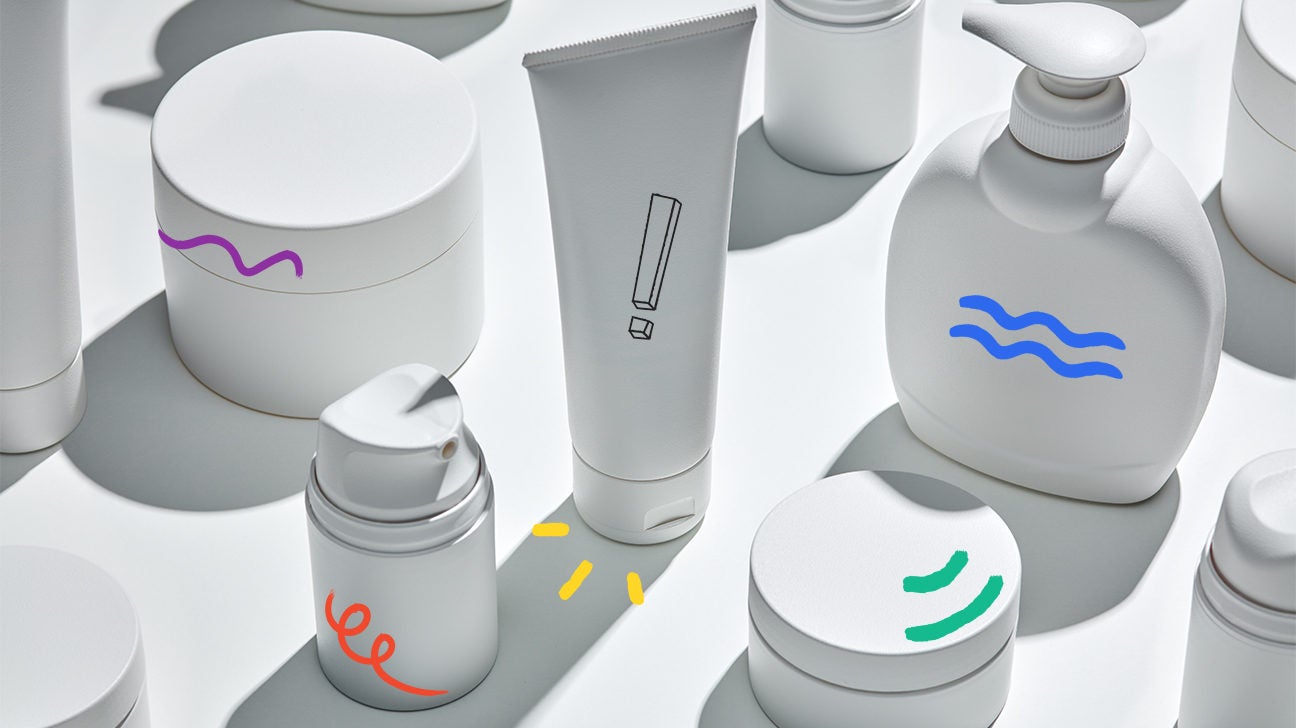
Navigating the world of skin care can be confusing — even for more seasoned beauty pros. It’s too easy to get lost in the flurry of trendy, promise-filled ingredients coming at you left and right, and it definitely doesn’t simplify shopping.
Do you need those sheet masks dipped in snail juice, or maybe that interesting serum with foreign fruit extracts that sounds absolutely delicious?
And real talk: Is it just me, or does it become more tempting the more insane it sounds? I’d be lying if I said I never succumbed to a placenta mask or indulged in lush face oils. I’m human, after all… a human guinea pig/skin care enthusiast who needs some satisfaction. I know I’m not alone here!
Returning to our senses, we know beauty trends come and go. But there are classics that never go out of style — tried and true ingredients that support our skin in all the right ways. Nothing gimmicky or harsh — just skin-loving goodies that work hard to get our skin to the best possible version of itself.
Niacinamide
If you haven’t yet experienced the skin magic of niacinamide, you’re missing out. The topical vitamin B3 is a powerhouse of wizardry — calming redness or discoloration, brightening tone, and smoothing fine lines and wrinkles.
Niacinamide does a number of things well: It helps build proteins (which helps with firmness), encourages moisture retention, can reduce dark spots or hyperpigmentation, and protects your skin from the impacts of environmental toxins.
Peptides
Peptides are short chains of amino acids that essentially carry messages to our skin cells, so they act in a healthier way. Peptides are proteins that feed your skin so it behaves and looks as if it were younger.
There’s a wide range of peptides to address all sorts of concerns including acne, sensitivity, redness or discoloration, fine lines and wrinkles, even sunspots. Whatever you’d like to improve, there’s likely a peptide for it. Peptides can even amplify the results of other ingredients, and tend to work best when combined with other supporting players.
Retinoids
Ah, the queen of reducing the signs of skin aging! And possibly the most misunderstood and potentially feared ingredient out there. The term “retinoid” covers all topical forms of vitamin A, from prescription-strength tretinoin to over-the-counter retinol and retinaldehyde. You’ve no doubt heard of retinoids. Beauty editors talk about them ALL. THE. TIME. And for good reason.
Retinoids work by increasing cell turnover, bringing lively new skin cells to the surface and smoothing away lines, wrinkles, scars, and discolorations.
Bonus: They put pesky breakouts in their place, clearing your skin of acne. Retinoids do all of this while helping your skin create new collagen, making them ideal for preventing premature aging and reversing signs you might already be experiencing.
One thing to keep in mind: The retinoid you choose for your skin should be based on your skin condition and what your skin can tolerate. This isn’t an ingredient you immediately jump into with maximum strength. The key is to start slow and gradually build up to avoid irritated, flaky skin. You want your skin looking its best, not dry and crispy.
Vitamin C
If retinoids are royalty for reducing the signs of aging, what about vitamin C? It’s right up there too. The potent antioxidant is key for preventing collagen breakdown and keeping sun damage at bay, while evening skin tone/texture and building new collagen.
When you’re exposed to sunlight and pollution, you’re susceptible to free radical damage — the bad guys that age our skin, create sunspots, and destroy our collagen. Vitamin C, an antioxidant, works to slow those bad guys down.
Enzymes
The underdog of the exfoliating world, enzymes are often overlooked and quite honestly can be challenging to find in products. Unlike traditional exfoliating acids (like alpha hydroxy and beta hydroxy), enzymes only smooth away dead skin cells from your skin’s surface.
Traditional acids remove both live and dead skin cells, making you more prone to irritation, dryness, and dehydration caused by overexfoliation. However, enzymes are ideal for people needing a gentle but effective alternative to acids.
They’re healthier for your skin barrier and help keep your skin’s microbiome balanced — which is a big trend you’re going to see and hear more about in the year ahead. That said, it’s still possible to overexfoliate by overusing enzymes, so practice the same caution you would with other exfoliants.
UV Blockers
You’ve heard it before, and you’ll hear it again: Wearing sunscreen every day is the #1 thing you can do for your skin to prevent premature aging and loss of collagen due to sun damage. Rain or shine, you need to have a dedicated sunscreen product you wear under your makeup for optimal protection.
I prefer physical sunscreen over chemical, but it’s a personal preference. Physical sunscreens — look for active ingredients of zinc oxide or titanium dioxide — are naturally broad-spectrum, protecting you from both burning and aging rays.
They start working as soon as they’re applied, and deflect heat away from your skin instead of absorbing it, so they’re kinder to your skin’s structure. On the other hand, chemical sunscreens, with active ingredients like oxybenzone or avobenzone, absorb UV rays and release heat into your skin, which can cause issues for people with sensitive skin.
Takeaway
As an esthetician, these are six things I consider to be game changers. If you’re not already using them, add them to your routine and work your way toward a healthier, happier, glowier complexion. Skin goals, here we come!
Sarah Payne is a highly sought-after expert esthetician who returns abused sensitive skin back to a glowing state without harsh products, while boosting her clients’ skin confidence and self-worth. Check out her weekly skin care tips and be inspired to love the skin you’re in. You can also follow Sarah on Instagram @youglowgal.

0 Commentaires